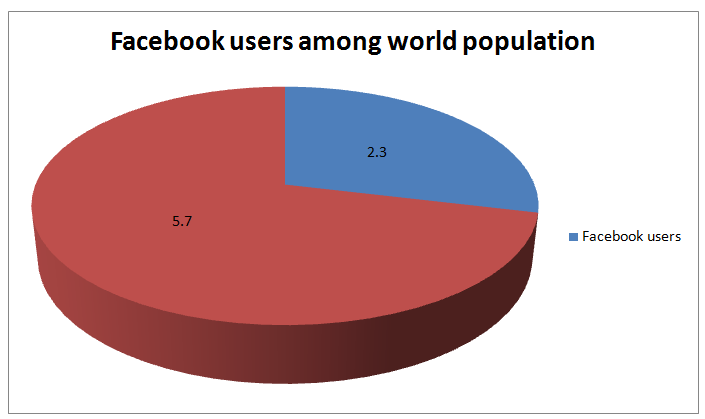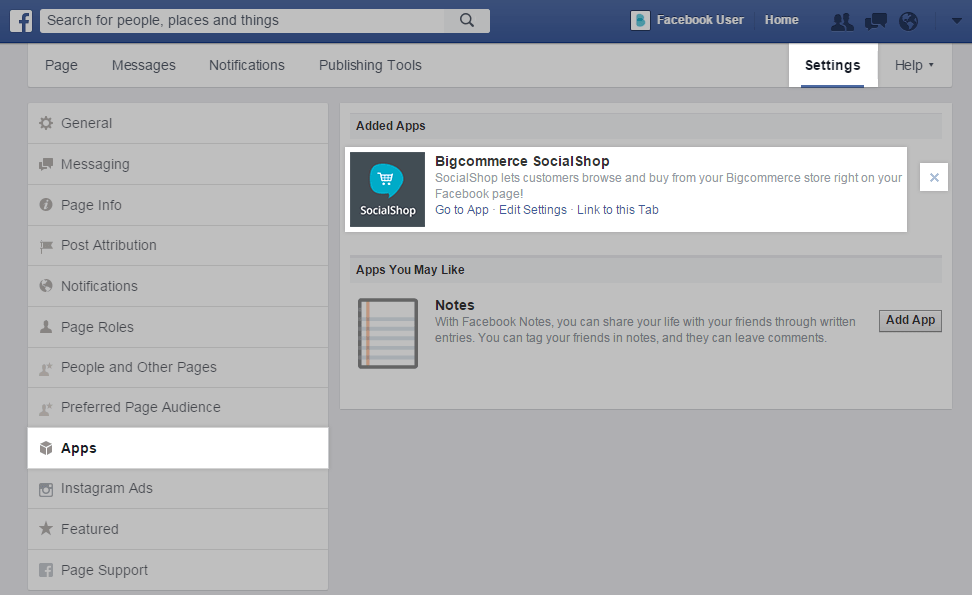What does this “checking out on Facebook” mean?
Simply, it means shoppers of the online stores can buy products when they surf Facebook without having to leave Facebook and go to the website of that online store itself to check out.
According to Statista.com, as of second quarter of 2016, Facebook has 1.7 billions monthly active users. Don’t forget that as of August 2016, world population is estimated to be 7.4 billions people. That means nearly ¼ of the world is actively on Facebook. Some people just are not likely to be so active on Facebook or social networks in general, for example, old people, too young children, poor people with no computer, smartphones or internet connection,… These people may take ½ the world population, so we can easily calculate that about ½ of the potential shoppers are on Facebook.

Facebook users among world population
With such power possessed by Facebook, It is a smart move by BigCommerce to integrate this function of Facebook Checkout. This makes BigCommerce become one of the only two e-commerce platforms to have this function (the other one is Shopify). Now shopping on Facebook is no different than shopping directly on the e-commerce online stores. You can select products, you can check out, all are done inside of Facebook. And all of the data always be sent to Dashboard of the BigCommerce online store that puts its products on its Facebook Page, the admin doesn’t have to go to Facebook to deal with transactions made on Facebook. This is a win-win situation to save time for both sides.

Source: BigCommerce
Not only Facebook, BigCommerce has also integrated with Pinterest and Twitter, eBay, Amazon, and in the backend it’s integrated with Intuit, Square, and other similar services. It’s not exaggerated to say, BigCommerce is the number one e-commerce platforms and storebuilder in the aspect of social networks shopping.
You may read more about why you should choose BigCommerce as your e-commerce solution, and for the themes you use, don’t forget that you don’t have to stand BigCommerce’s default themes, because third-party themes like Apollotheme are always there, much less pricey but equal competitive quality.






